We believe leaders are made at Premiere Academy while others may assume leaders are born. Achieving this begins with responsibilities which thereby advances to leadership positions and so on.
We teach leadership by providing practical opportunities for our students to lead in line with our vision of developing students to become future leaders. This in turn helps them with personal, social and emotional intelligence skills. A good number of research point to the advantages of Social and Emotional Learning (SEL) and its benefits in developing 'a total child' specifically their academic skills and their abilities to make good choices. Most importantly, as it connects to leadership.
According to the Collaborative for Academic, Social, and Emotional Learning (CASEL), "good Social Emotional Learning (SEL) skills can be developed in schools and classrooms in several ways, including through leadership opportunities and training".
Prefectship: One practical Way We Prepare Students to be Future Leaders
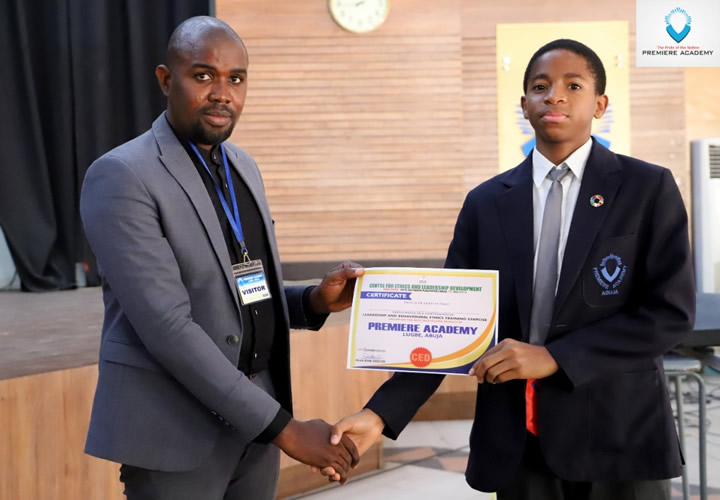
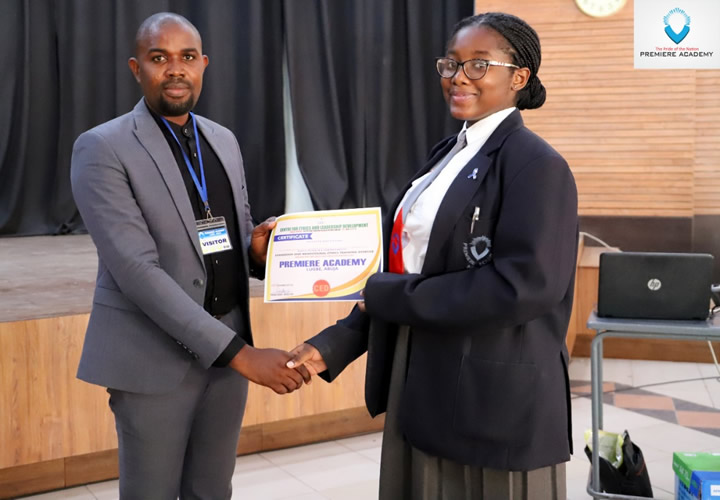
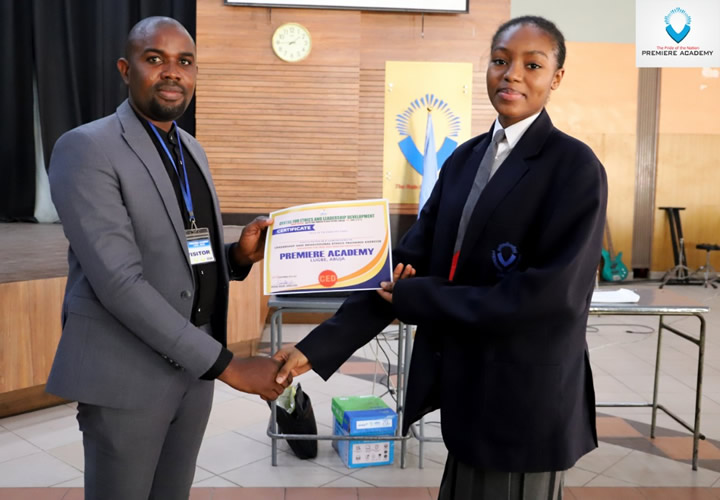
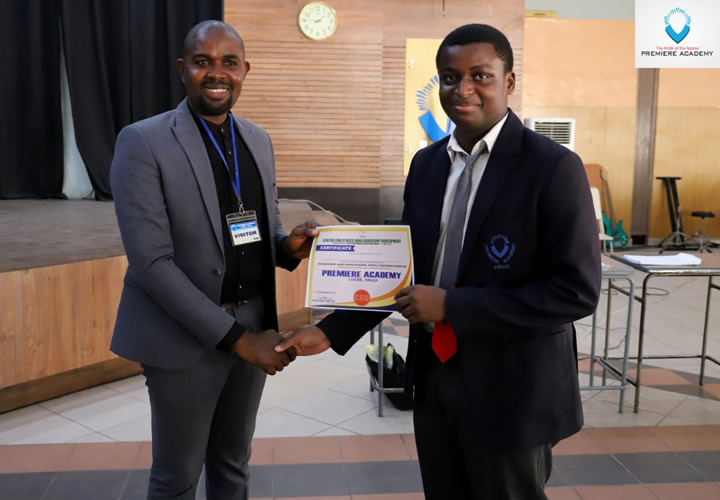
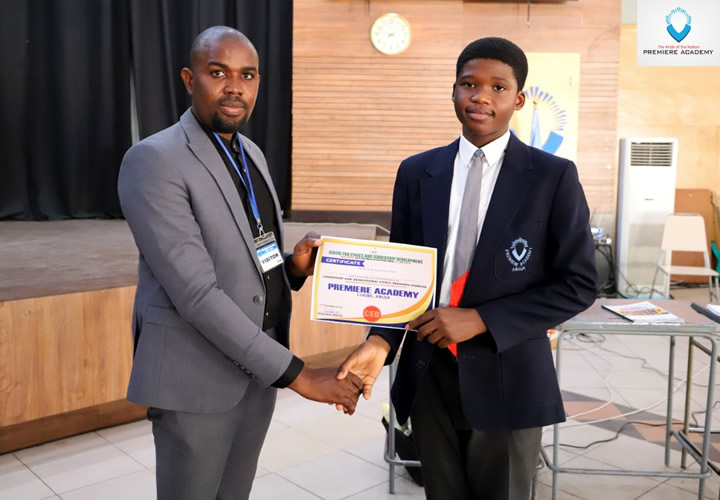
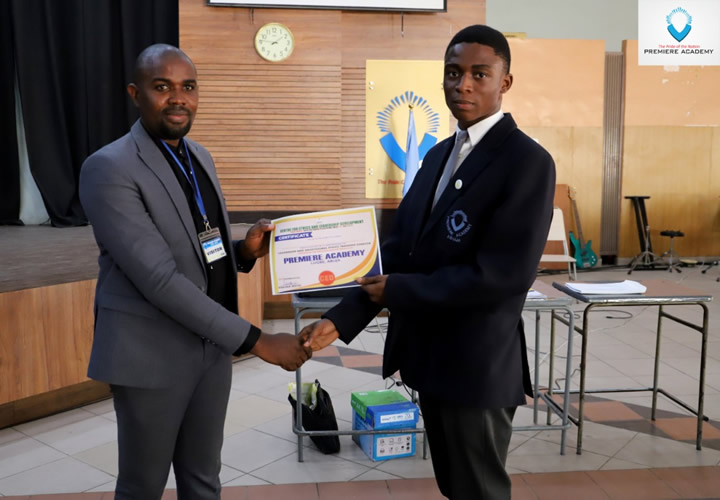
School Prefectship is an important aspect of our leadership programme as it involves students' participation in engaging them in decisions that affect their lives, community and the larger society.
The roles of prefects involve actively seeking the views of all students under their charge, reporting back students' concerns, suggestions and ideas. Thus, our school prefects provide the link between the administration and students. Prefects also lead by organising assemblies, setting an example; helping new students settle in, acting as mentors to those who need support, encouraging students to participate in school events, competitions and fundraising, and helping to create greater links with the community at large. The prefects are entrusted with organising and running co- curricular activities. Prefects ensure that daily routines are adhered to, order is maintained in the assembly, hostel, dining hall and in the field during co- curricular activities.
As part of their functions, Prefects fortnightly meet to discuss issues that concern them and collaborate with the School Management to address issues. Through regular meetings with them, they also help to plan social and educational activities for the school. In this way, they function as an integral extension of the school and administration.
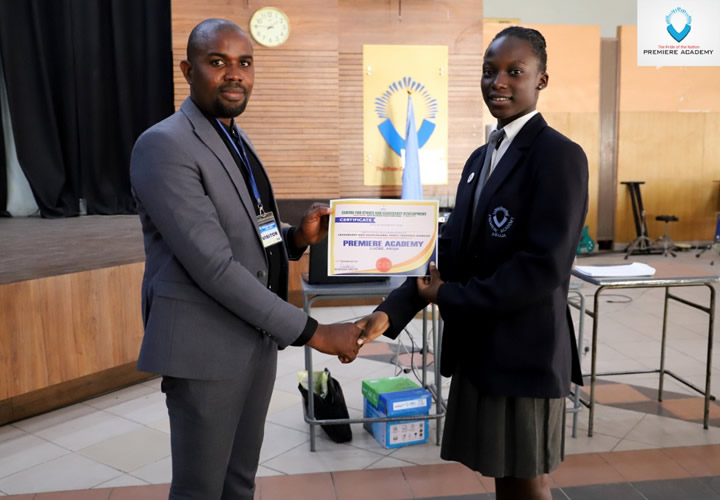
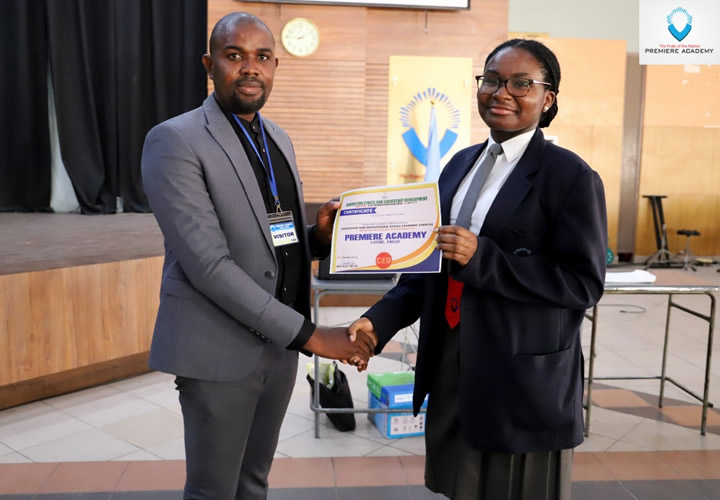
Therefore, whether the prefects are appointed or elected, there must be a sense of direction, checks and balances to enable them execute their duties effectively. They must all possess academic performance, character and behaviour. However, some get chosen based on certain special skills and qualities that they already have or a certain potential that has been recognized. These are, but not limited to; confidence, decisiveness, critical thinking, creativity, ability to communicate effectively, and problems solving skills.
What Students Learn from Our Students' Leadership Training:
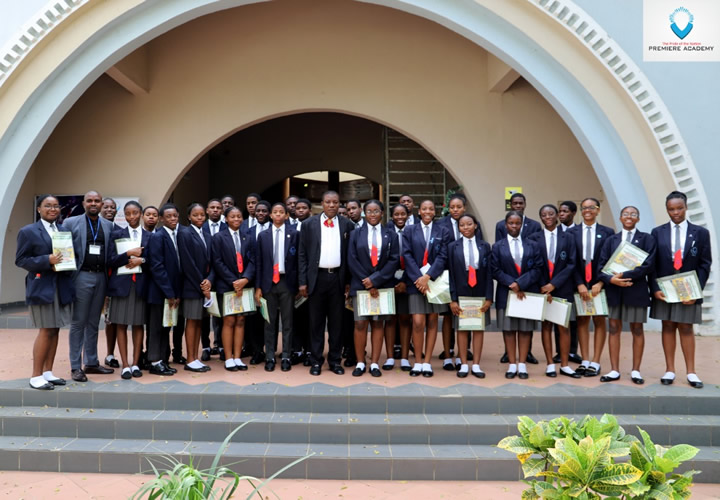
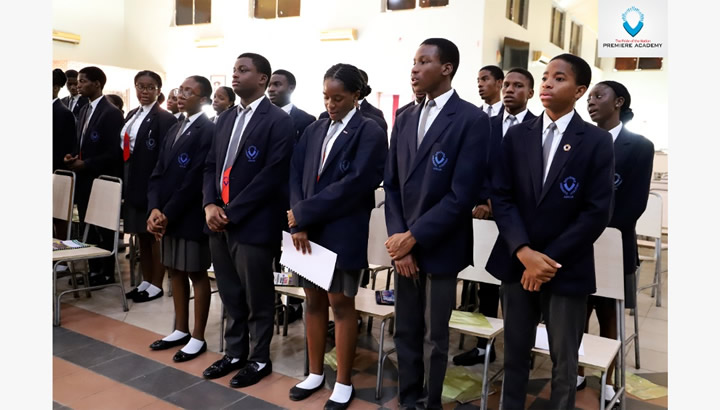
Goal setting – Students get to learn the development of an action plan and how it impacts their present and futures successes.
Time management skills Students’ leaders learn the process of planning, controlling, and estimate the time required to complete a task, being assertive, and how to place importance on time.
Attitude to failure: They learn how to consider failure as an opportunity to learn and grow rather than an obstacle in their quest for a goal.
Traits of a leader – They learn the character traits of a leader, the importance of courage, and taking calculated risks. They also learn how persistence, resilience, and acceptance positively affect their performances.
Public speaking skills – Regularly, they learn ways to talk in front of small and large groups of people and how to present their ideas in a confident, powerful and convincing way.
Creative leadership – They learn the ability to create and realize innovative solutions and understand their uniqueness.
Social skills: They learn the social skills of leadership and the importance of developing these social skills, both verbally and non verbally, through gestures, body language, and personal appearance.
Communication skills – Our students' leaders learn the power of language in communication and relationships. They also learn to give and receive feedback in a productive and empowering way of given conversation tools to avoid conflict and enhance their group relationships.
Collaboration: They learn 'teamwork' can do it all. That’s why a team comprising others with different skill sets is essential. A leader must know how to build and nurture such a team


